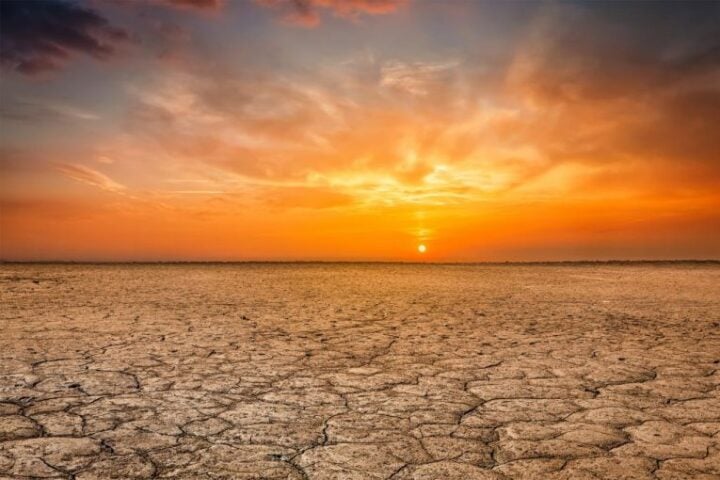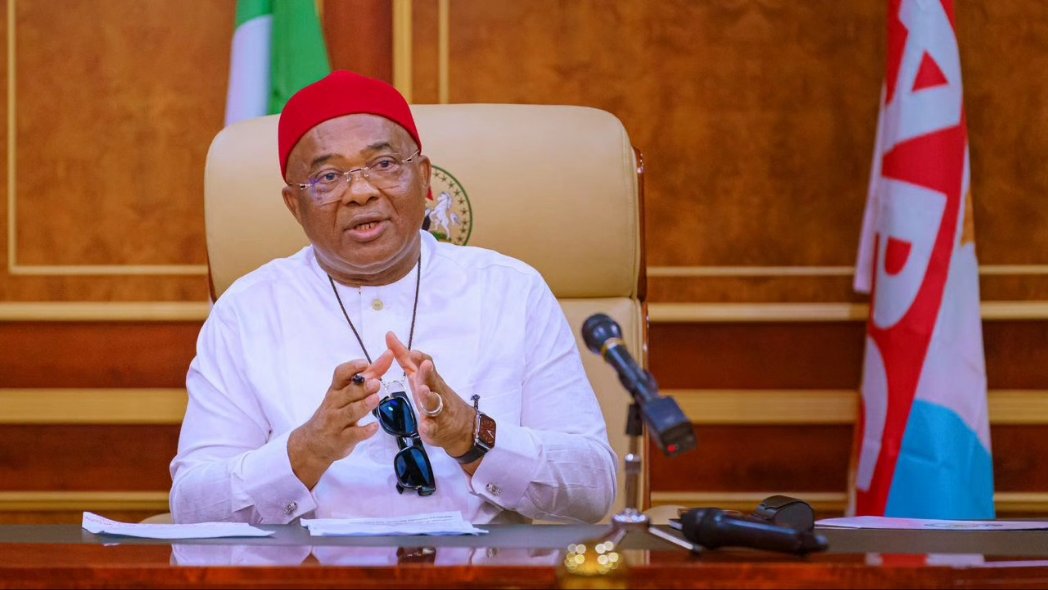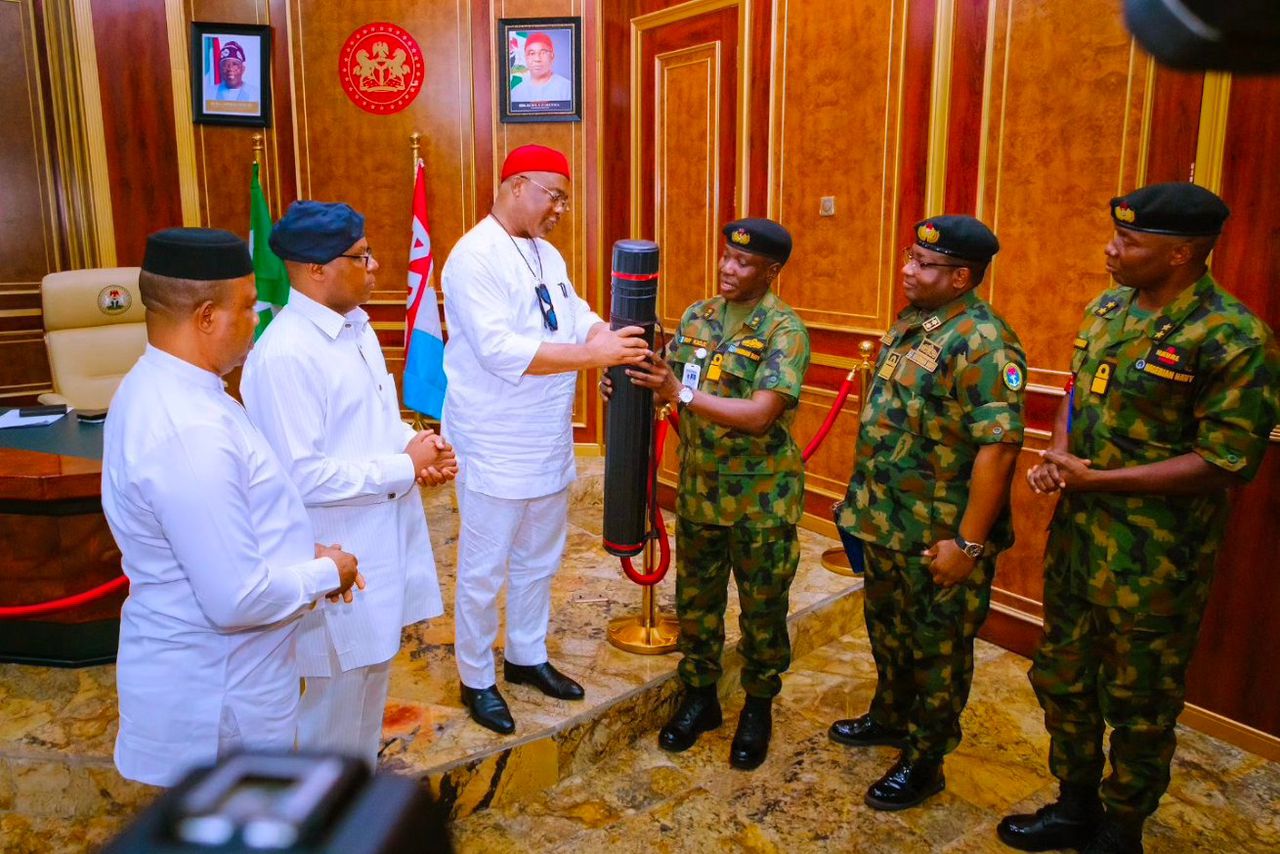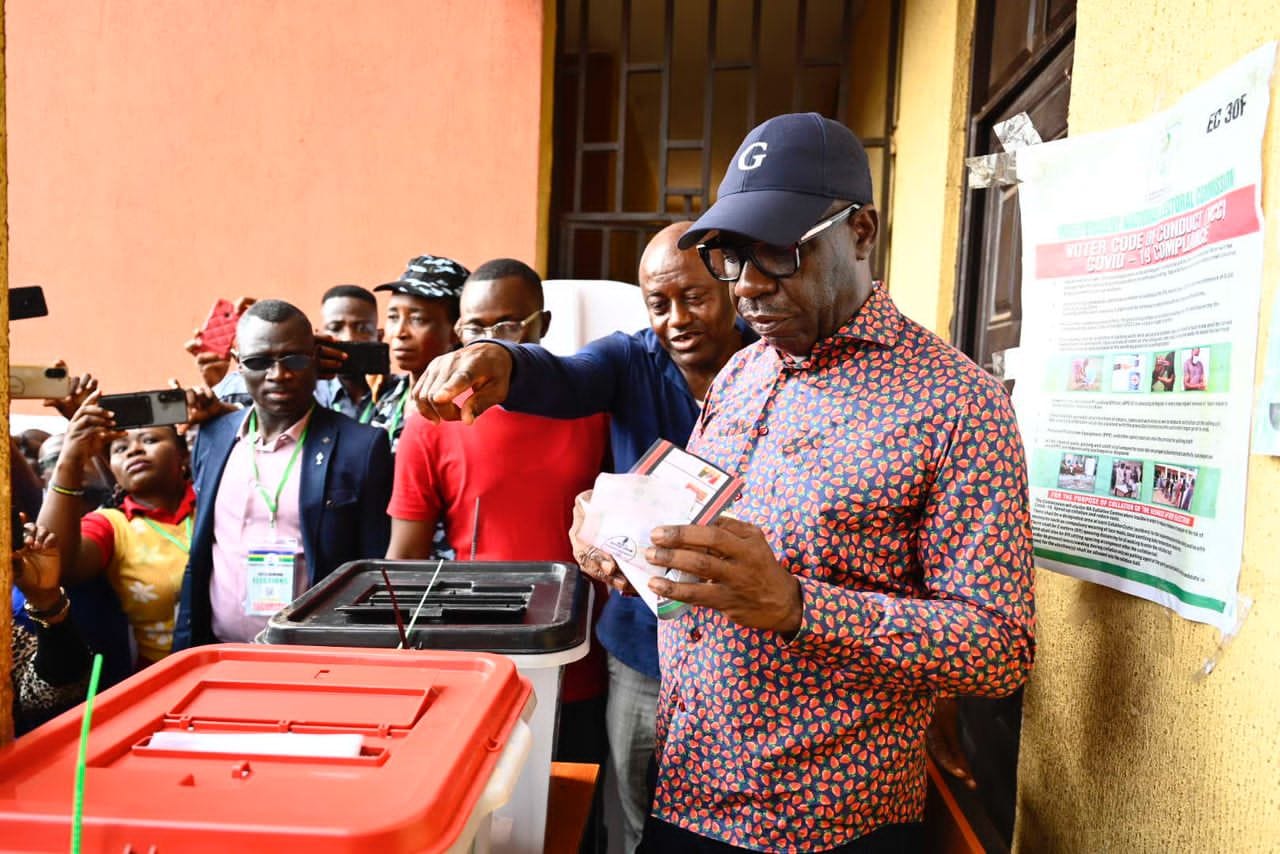BY OLUWAFEMI POPOOLA
Immediate past Vice-President of Nigeria Yemi Osinbajo, SAN, alongside over 20 African heads of state and government participated in the just-concluded first-ever Africa Climate Summit held in Nairobi from 4th to 6th September 2023.
The Nairobi conference brought together leaders, policymakers and experts from across the continent to address the pressing challenges of climate change including green growth, carbon pricing, climate financing, climate adaptation, and renewable and clean energy, among others.
Hosted by Kenyan President William Ruto, who doubles as the chairman of the committee of heads of state of the African Union on climate change, the inaugural summit was themed: “Driving Green Growth and Climate Finance Solutions for Africa and the World.” The summit’s overarching goal was to deliver green growth and climate finance solutions for Africa and also forge a united front for the upcoming United Nations Climate Change Conference (COP28) scheduled for November in Dubai.
Advertisement
The ACS had in attendance over 18,500 participants from across the world and about 30,000 delegates also graced the summit.
Among the influential figures in attendance were Professor Yemi Osinbajo, the former Vice President of Nigeria, UN Secretary-General Antonio Guterres, US Climate Envoy John Kerry, COP28 Director-General Majid Al Suwaidi, COP28 President Sultan Al Jaber, among other high-profile dignitaries, African leaders, cabinet ministers and business executives from across the continent.
The African leaders had gathered to design a blueprint for Africa’s green energy transition while also looking for tangible solutions and financing that would not go up in smoke. The solutions, they insisted, must come from Africa.
Advertisement
Climate change is a global issue that demands urgent action and cooperation to mitigate its far-reaching consequences. Although Africa contributes between 2% and 3% of the world’s total greenhouse gas emissions, according to the United Nations, it is the region of the world that is most vulnerable to natural disasters caused by climate change. This is why events like the ACS provide a platform for policymakers, industry leaders and development organizations to come together and share experiences, exchange knowledge and collaborate on innovative solutions. Through these collaborative efforts, Africa can unlock its vast renewable energy potential, improve energy access for its population and contribute to global climate change mitigation efforts.
While the Nigerian president couldn’t attend the summit due to other assignments in India for the G20 Leaders’ meeting, Osinbajo, though not as a government representative, attended the summit as a global advisor at the Global Energy Alliance for People and Planet (GEAPP).
At the Nairobi conference, the former vice-president once again proved to be a catalyst for climate change transition in Africa, where he highlighted the potential of Nigeria, Africa’s most populous nation and its richest economy to be a driving force in paving the way for the continent’s clean energy transition.
The central agenda of the summit may have centred on Africa’s ability to fight the climate emergency but Osinbajo cautioned that Africa must lead the fight against climate change while insisting that the West can no longer impose solutions on the continent. His message was simple and direct; African solutions to African problems, to transition from fossil fuel to renewable energy, there must be some use of fossil fuel, especially gas, as transition fuel.
Advertisement
Osinbajo made this strong case for Africa. He understood the mouthing pressure by global economies on African countries to transition to clean and sustainable energy. He argued that no country anywhere in the world has been known to develop industries using purely renewable energy and all of the developed countries have used fossil fuels to some extent to attain their feat.
Recognising the critical role of climate finance in supporting Africa’s climate agenda, Osinbajo played a key role in mobilising financial resources during the summit. Osinbajo said African leaders cannot be compelled to phase out fossil fuel use without effective climate financing for the continent.
“So we cannot be asked to do a dramatic transition. We are saying we need carbon market, we need finance to be able to transition,” Osinbajo had said on Monday, September 4, 2023, after moderating a panel session on “Carbon Markets in the Global South.”
The former VP, afterwards, actively engaged with international partners and financial institutions to secure commitments and investments for climate-related projects in Africa. By advocating for increased climate finance, Osinbajo helped ensure that African countries have the necessary resources to implement climate mitigation and adaptation measures.
Advertisement
Let’s also mention the former VP’s colourful opening remarks at a side event organised by GEAPP, the World Bank and the Africa Minigrid Developers Association, AMDA tagged “Powering Prosperity in Africa by Scaling DREs and Minigrids” during the second day of the Africa Climate Summit.
Osinbajo, at the event, said that using renewable energy systems and mini-grids can provide a reliable and affordable solution to Africa’s energy poverty problem.
Advertisement
His words: “Objective is clear: we are here to discuss how to accelerate the deployment of sustainable mini-grids in Africa to power our people’s lives and livelihoods, ultimately fostering prosperity on our continent.
“Globally, nearly 8 out of 10 people without electricity live in Africa. At the current rate of progress, 595 million Africans will remain unconnected in 2030. These numbers underscore the urgency of our mission.”
Advertisement
It is noteworthy to state that the importance of decentralised renewable energy (DRE) and mini-grids in driving sustainable development and economic growth in Africa cannot be under-emphasised, the reasons Osinbajo’s recommendation is best for Africa.
Decentralised renewable energy refers to the generation of energy from renewable sources at a local level, often through small-scale systems. These systems can include solar panels, wind turbines, biomass, and small hydropower installations. DRE solutions are particularly crucial in areas where extending the main grid is challenging or economically unfeasible. By providing affordable and reliable electricity, DRE can transform the lives of communities, spur economic activities, and improve livelihoods.
Advertisement
The collaboration between GEAPP, the World Bank, and AMDA demonstrates the commitment of multiple stakeholders to scaling up DREs and mini-grids in Africa. Such partnerships are essential for mobilising the necessary financial resources, technical expertise, and policy support to accelerate the deployment of these solutions across the continent.
By promoting renewable energy and mini-grids, Osinbajo recognised their potential to address energy poverty in Africa. These solutions can significantly improve access to electricity, particularly in rural areas, where a significant percentage of the population lacks reliable power. Their benefits also extend beyond energy access. They can stimulate economic development, create job opportunities, enhance education and healthcare services, and reduce greenhouse gas emissions.
To achieve the widespread adoption of renewable energy and mini-grids as suggested by Osinbajo, governments, international organisations, and the private sector must collaborate and invest in the necessary infrastructure, policies, and regulatory frameworks. Financial mechanisms, capacity-building programmes, and technology transfer initiatives can also support the deployment of these solutions across the continent.
To put it in proper perspective, Osinbajo’s active participation and impactful contributions during the summit highlighted his commitment to climate action in Africa. Osinbajo’s contributions not only inspired other leaders but also reinforced Africa’s position as a key player in the global fight against climate change. The continent has just witnessed one of its brightest minds proffer sustainable solutions to climate challenges.
Undoubtedly, Yemi Osinbajo’s impact at the maiden Africa Climate Summit in Kenya was significant and far-reaching. His advocacy for climate resilience, mobilisation of climate finance, promotion of renewable energy and commitment to regional collaboration have all demonstrated his unwavering dedication to climate action in Africa. His leadership and commitment continue to drive the continent forward on its path towards a sustainable and resilient future. Nigerians are missing him seriously!
Popoola is a journalist, news aggregator and social commentator.
Views expressed by contributors are strictly personal and not of TheCable.
Add a comment






